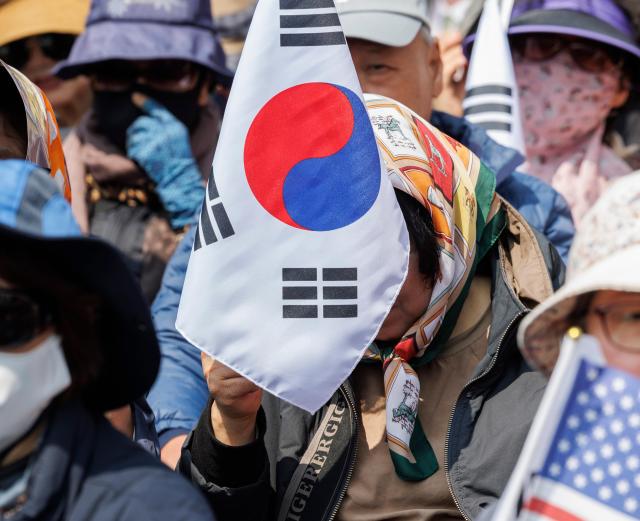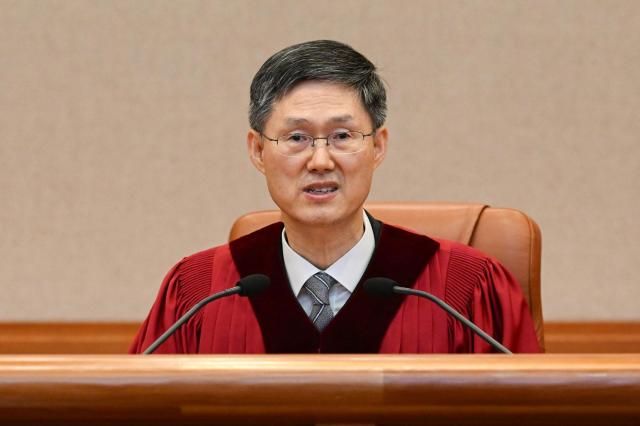
Though the impeachment on Friday has resolved months of uncertainty that had paralyzed the country since martial law was declared in December 2024, it has simultaneously intensified the hostility between opposing political factions to unprecedented levels.
Citizens from rival camps have taken to labeling each other as "anti-state forces" or "insurrection sympathizers," while hurling derogatory terms like "commie" and "reactionary," deepening the already cavernous divide.
"The current situation shows more acute confrontation than even during the height of anti-communism after the Korean War," said Koo Jung-woo, professor of sociology at Sungkyunkwan University.
The political schism has metastasized into generational, gender and regional conflicts, with recent survey from Gallup Korea showing voting patterns with stark divides: younger generations predominantly supporting the impeachment, and those over 70 strongly opposing it.
This deepening animosity has eroded public trust in democratic institutions, with courts, the Constitutional Court and media outlets facing unprecedented levels of criticism and even threats of violence.
Experts warn that without a concerted effort toward national unity, the upcoming presidential election could spark even more intense confrontations, as both pro and anti-impeachment demonstrators continue to wave the national flag while remaining bitterly divided.
Copyright ⓒ Aju Press All rights reserved.





View more comments